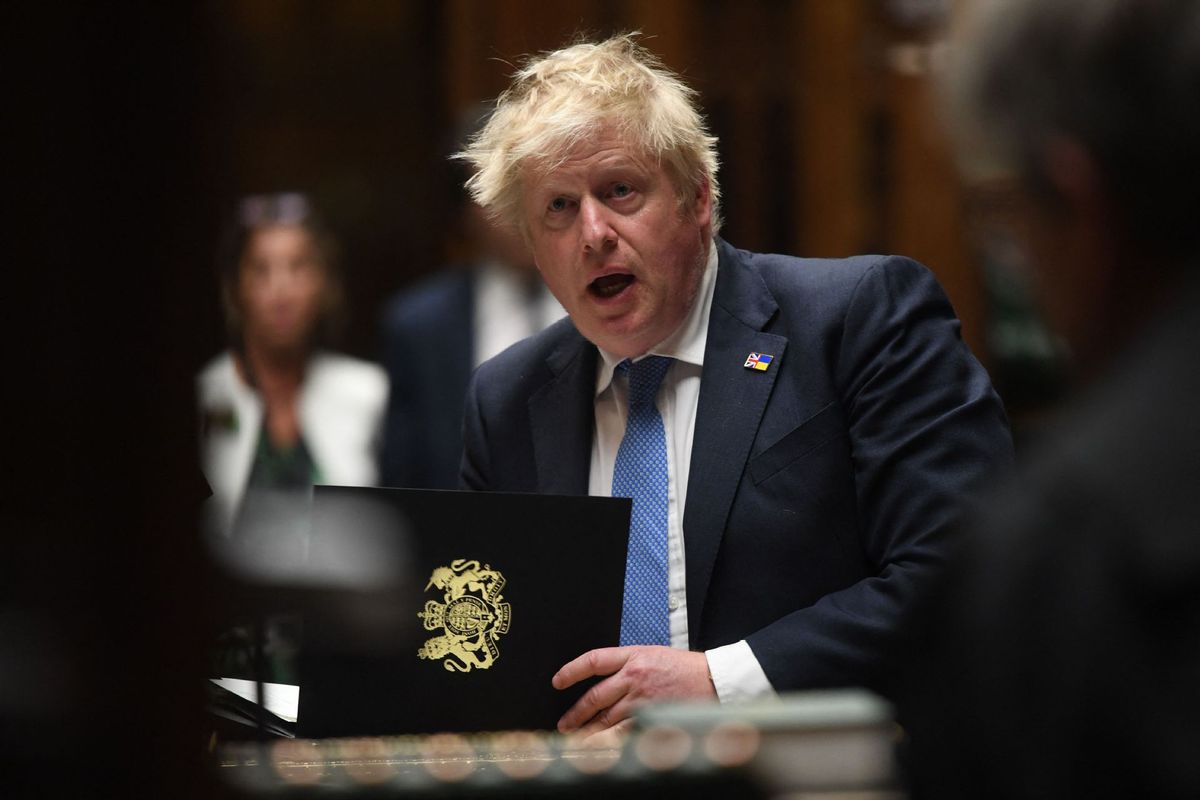Clouds refuse to clear for embattled Johnson
By JULIAN SHEA in London | China Daily Global | Updated: 2022-04-20 09:24

After the respite of the Easter holiday, pressure will once again build on British Prime Minister Boris Johnson this week as he faces members of Parliament for the first time since he was issued with a fixed penalty notice for breaking COVID-19 lockdown restrictions, and with the clock ticking down to local elections in May, when the Conservatives are predicted to be on course for a bad result.
Johnson was expected to apologize to MPs on Tuesday, while still insisting that he had "never knowingly broken the rules" around his birthday party at his Downing Street headquarters in June 2020, when the country was living with strict rules regarding any kind of social gatherings.
Even before it was confirmed that Johnson had been fined over his lockdown behavior, an opinion poll ahead of local elections in England and Wales on May 5 showed there could be a 5 percent swing from the Conservatives to the Labour Party, with more than 800 Conservative council seats being lost.
Were that to be repeated at the next general election, it would see Labour as the biggest Parliamentary party.
The Guardian newspaper reports there are ongoing police inquiries into three other lockdown gatherings for which Johnson could face further punishment.
In a recent BBC interview, Peter Hennessy, a member of the House of Lords and professor of contemporary British history at Queen Mary University of London, launched a blistering attack on Johnson over the issue.
He accused him of making the office of the prime minister "an adventure playground for one man's narcissistic vanity" and calling him "the greatest weakness" in the British political system.
"I cannot remember a day when I've been more fearful for the wellbeing of the constitution," he added.
Johnson continues to have his supporters, who reject any talk of a challenge to his leadership, saying it would be inappropriate during such a tense international situation as the Ukraine crisis.
But The Guardian reports that there is also widespread internal dissatisfaction, and that the barometer of public opinion that is the local elections could prove decisive.
























